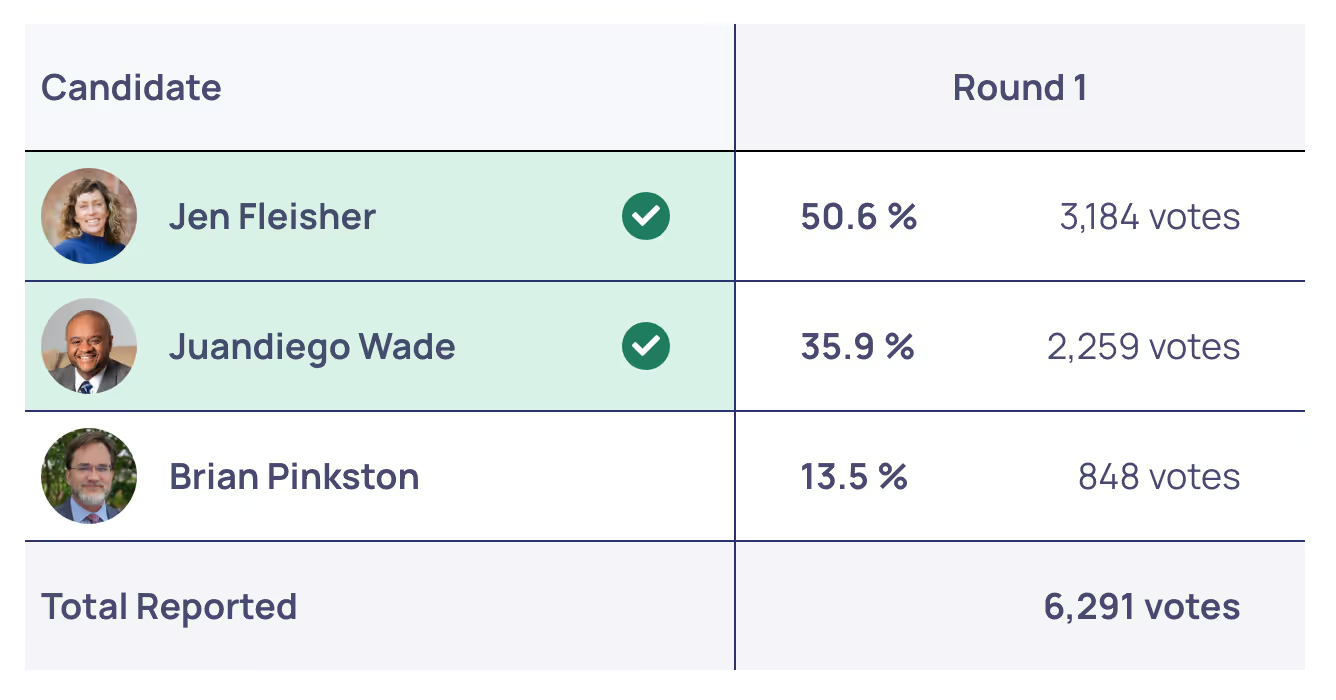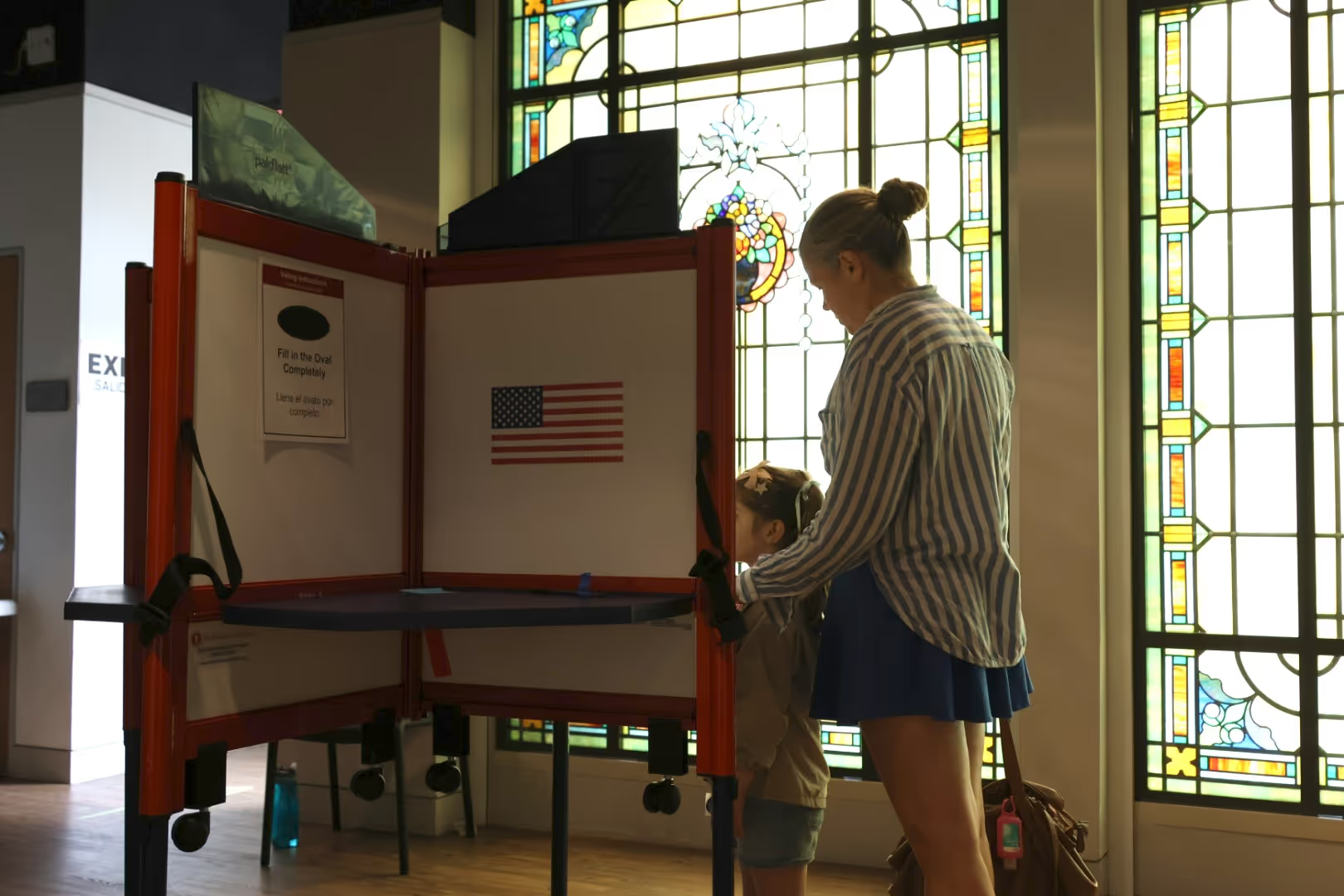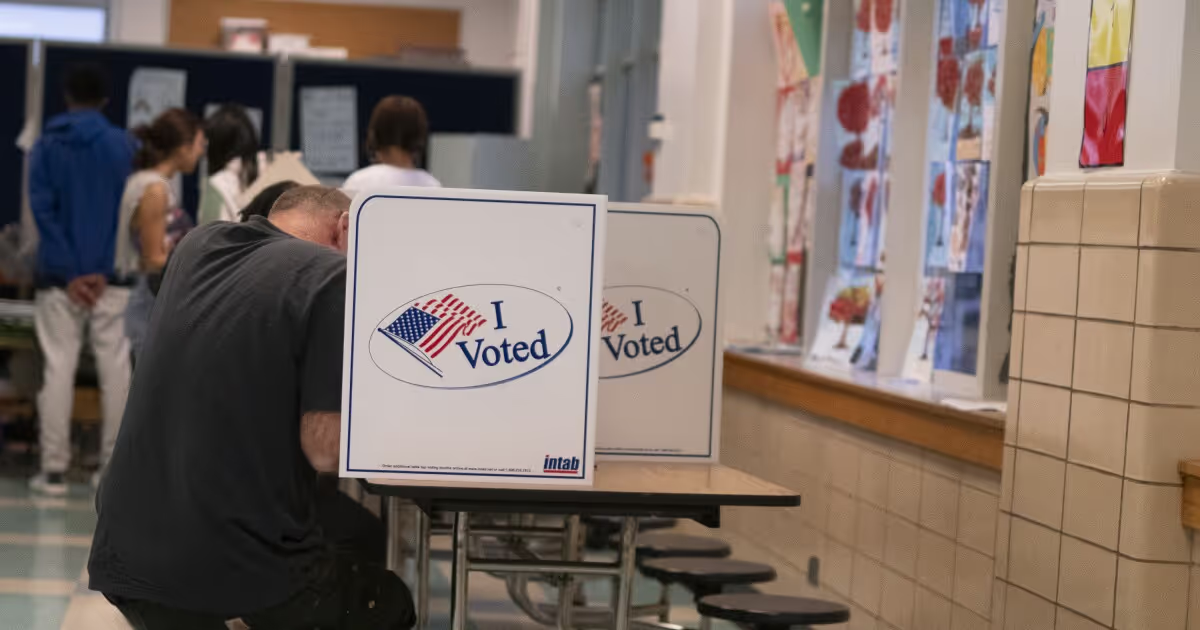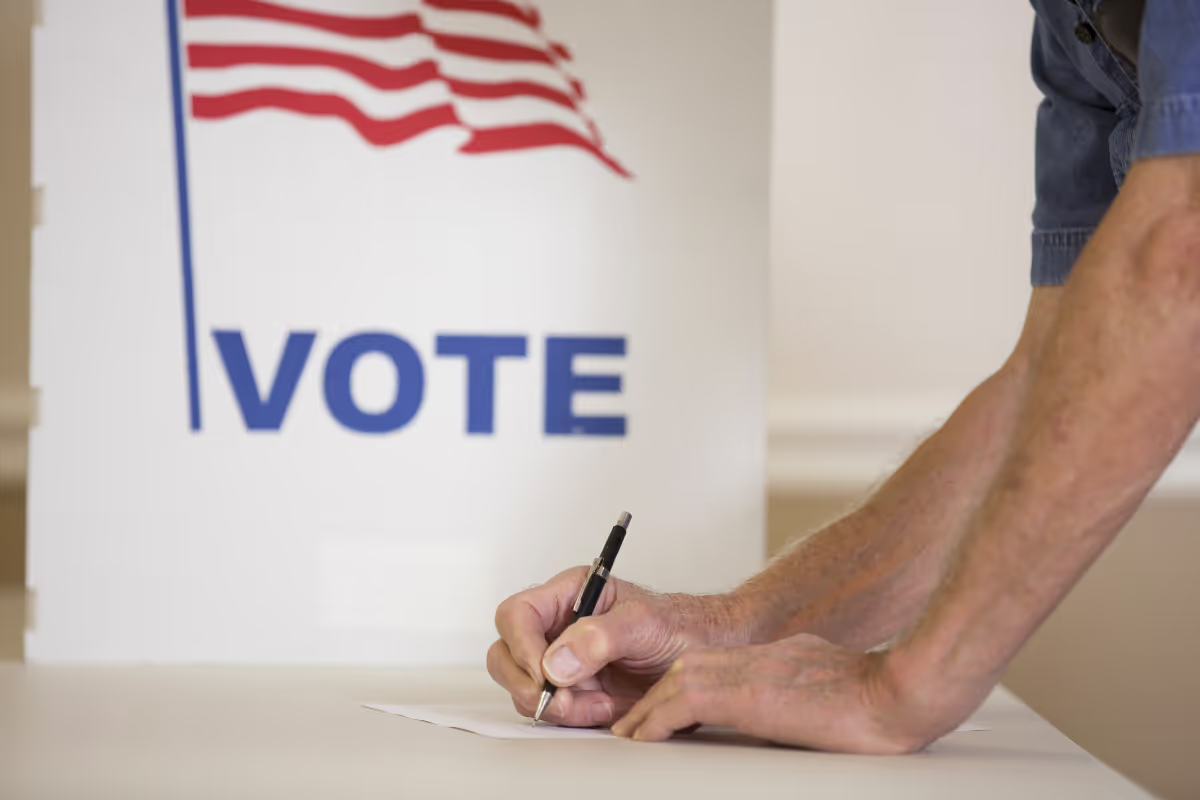Charlottesville's First Ranked Choice Election Delivers on Promise of Diverse Representation
Winners Fleisher and Wade drawn from different corners of Charlottesville community
This piece has been lightly revised to reflect the final results after all ballots were counted.
Results from Charlottesville's first ranked choice election are in, and the winners demonstrate ranked choice voting's promise to bring diverse representation to Virginia city councils.
The Democratic Primary featured three candidates running for two open City Council seats. Jen Fleisher, a first-time candidate, won 51% of first-choice votes, followed by incumbent Mayor Juandiego Wade who earned 36%.
In this ranked choice race with two winners, candidates needed to earn more than ⅓ of the votes to secure a nomination. Both Fleisher and Wade passed the winning threshold with first-choice votes alone, eliminating the need for additional rounds to determine the winners.
The results illustrate how ranked choice voting can elevate diverse leaders who reflect different communities within a city. Fleisher and Wade live in different neighborhoods and bring diverse backgrounds and perspectives to their work.
Fleisher resides in Charlottesville's south-side Belmont neighborhood, which has historically been underrepresented on the City Council. In 2004, the City's Elections Study Task Force found that just one Belmont resident had been elected to City Council in the prior 50 years. Fleisher's neighborhood support was evident in the precinct results: she won 64% of votes cast in the Summit precinct anchored in Belmont.
Incumbent Mayor Wade, in contrast, is a long-time elected leader and Locust Grove resident. Prior to his current term as a city councilor, Wade served four terms on the Charlottesville School Board.
"The results demonstrate that ranked choice voting delivers on its promise of diverse representation," said Sally Hudson, Executive Director of Ranked Choice Virginia. "Charlottesville voters got two winners who come from different corners of our community. One lives on the north side and one lives on the south side. There's one man and one woman, one Black candidate and one white candidate. One is a veteran city councilor and one brings a fresh perspective. Together, they're well-poised to reflect the diverse views of the people they serve."
"In the process," Hudson added, "voters got to express their honest preferences about all the candidates without playing games with their vote. Under Charlottesville's old block voting system, voters had to worry about hurting their favorite candidate by supporting a second candidate. That headache is gone with ranked choice ballots."
The June 17 primary served as a pilot program for ranked choice voting in Charlottesville. City Council authorized the pilot in September 2024 following guidance from the City Registrar and Electoral Board. Nearly 6,300 voters cast ballots in this year's City Council primary, similar to turnout in the 2021 election cycle, which saw 6,171 June voters.
City Council will now evaluate the pilot program and decide whether to continue using ranked choice voting in future elections. The next competitive City Council election will likely be in 2027. Primary Day also marked the deadline for Republican and independent candidates to file to run in this fall's general election. With no other candidates declared, Fleisher and Wade are all but assured to win this November, barring a late-breaking write-in campaign from another candidate.
Charlottesville is the second community in Virginia to adopt ranked choice voting. Arlington County has used the system to elect its County Board since 2023, and several other Virginia localities are considering adoption, including Fairfax City, Falls Church, Loudoun County, and Newport News.





